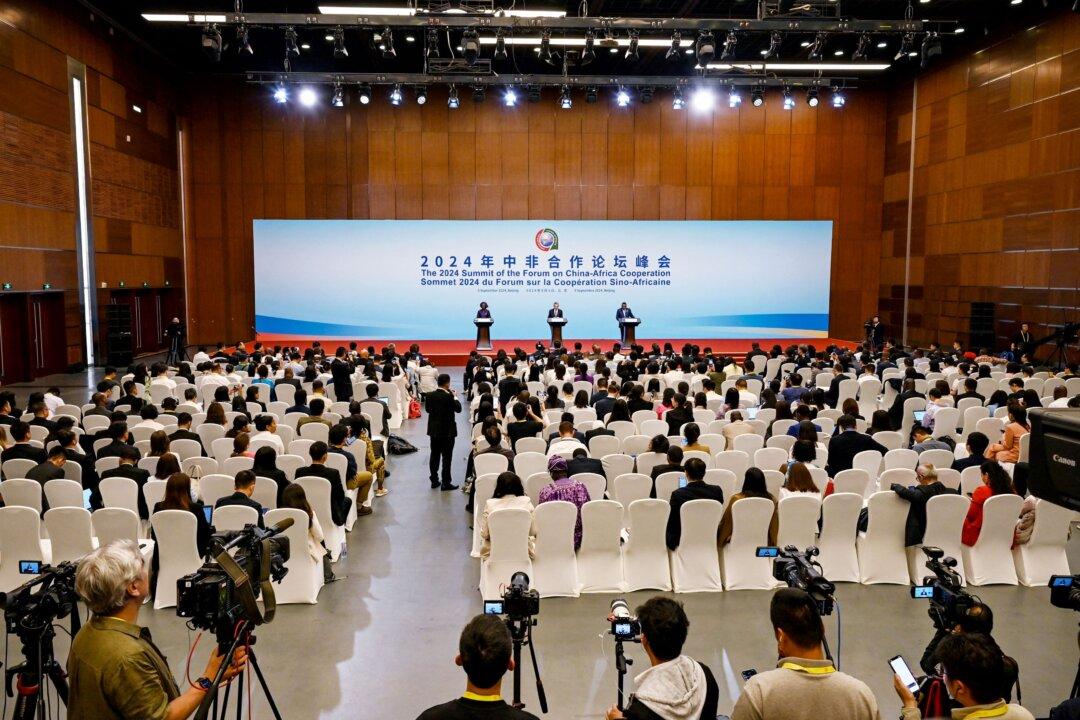Commentary
After some years of rough going and despite the already huge strains on China’s economy, Beijing has decided to double down on its Belt and Road Initiative (BRI) in Africa.

After some years of rough going and despite the already huge strains on China’s economy, Beijing has decided to double down on its Belt and Road Initiative (BRI) in Africa.